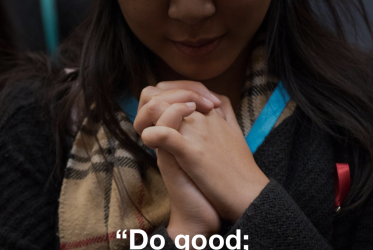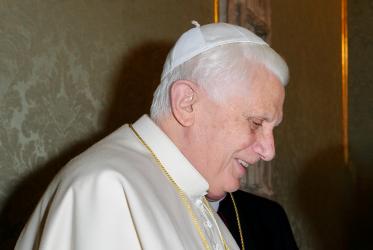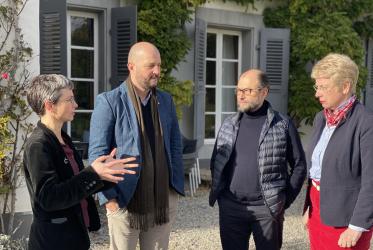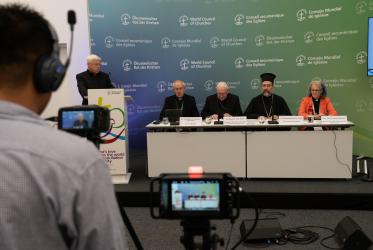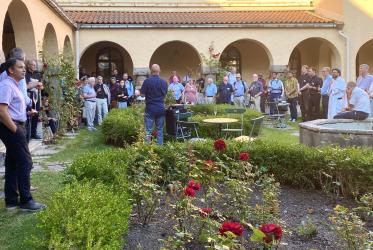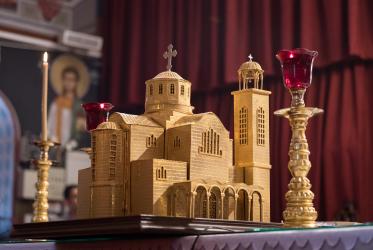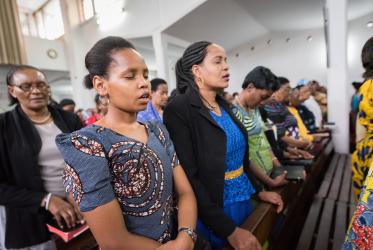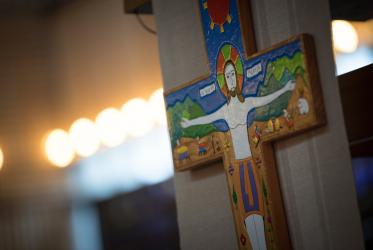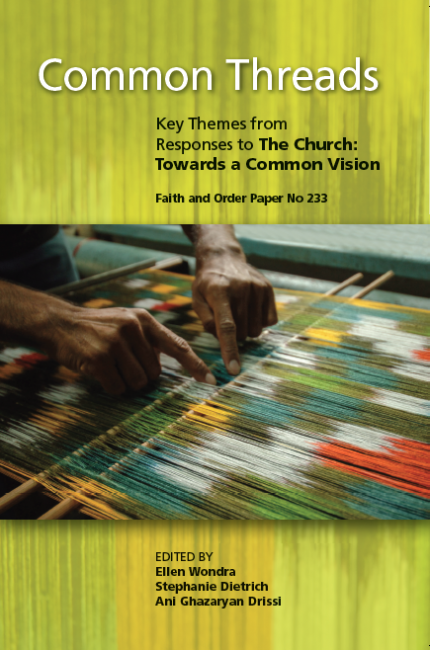Displaying 41 - 60 of 286
Pope Emeritus Benedict XVI leaves a legacy of ecumenical dialogue
31 December 2022
Towards a Global Vision of the Church Volume I
Explorations on Global Christianity and Ecclesiology, Faith and Order Paper 234
14 November 2022
Common Threads
Key Themes from Responses to The Church: Towards a Common Vision. Faith and Order Paper No 233
25 February 2022
WCC Faith and Order Commission announces upcoming meeting
24 February 2022
